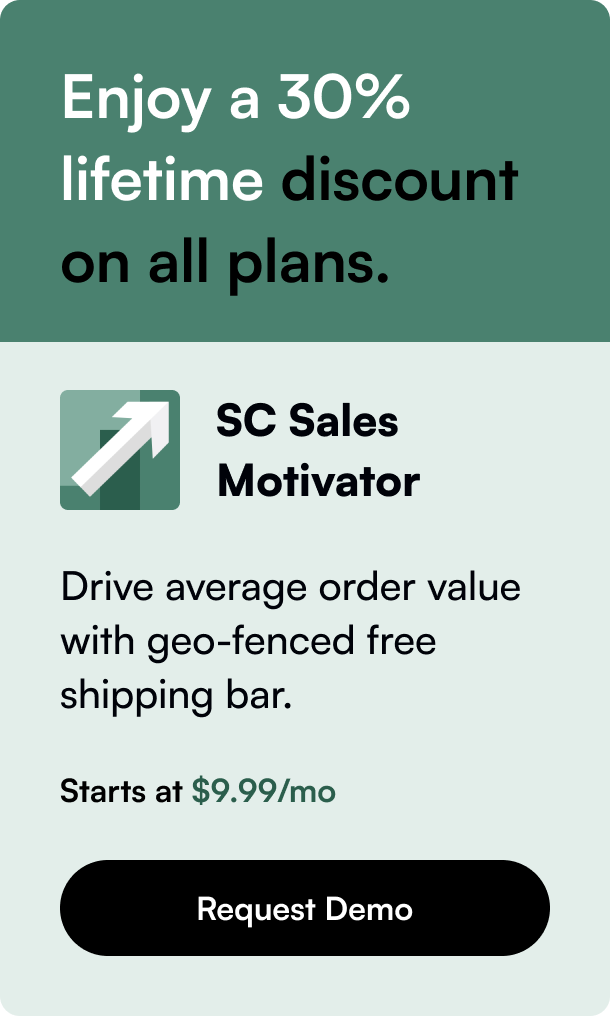Table of Contents
- Introduction
- Demystifying Shopify's Accounting Capabilities
- How to Choose the Right Accounting Software for Your Shopify Store
- Conclusion
- FAQ Section
Introduction
Did you know that inadequate financial management is one of the top reasons small businesses fail? Navigating the complex world of accounting can be daunting for e-commerce business owners. But what if there was a way to streamline this critical aspect of your business, making it not just manageable, but also efficient and effective? This brings us to the pivotal question: Does Shopify have accounting software?
In this blog post, we'll dive deep into the accounting features available through Shopify, explore integrations with leading accounting software, and offer guidance on selecting the best option to manage your e-commerce finances seamlessly. By the end of this article, you'll have a clear understanding of how to elevate your accounting game, making it a powerful tool for business growth and sustainability.
Demystifying Shopify's Accounting Capabilities
Shopify, a leading e-commerce platform, is renowned for its comprehensive suite of tools designed to help you sell online. But when it comes to accounting, Shopify takes a slightly different approach. Rather than offering its own in-built accounting software, Shopify focuses on what it does best - e-commerce, while providing robust integrations with world-leading accounting solutions.
Integrated Accounting Solutions
The strength of Shopify’s accounting capabilities lies in its ability to seamlessly integrate with a plethora of accounting software. This ecosystem approach allows business owners to choose a solution that best fits their unique needs, without being locked into a one-size-fits-all software. Among the top contenders for integration are FreshBooks, QuickBooks, Xero, and Wave, each offering distinct advantages.
FreshBooks - Customer Support Champion
FreshBooks stands out for its impeccable customer support and back-office automation that simplifies bookkeeping for entrepreneurs who require a hands-on, supportive approach to managing their finances.
QuickBooks Online - The Versatile Choice
QuickBooks Online is celebrated for its versatility, offering a clean interface, intuitive reporting, and a comprehensive set of features that make it suitable for a wide range of business sizes and industries.
Xero - Best for On-the-Go Management
For those constantly on the move, Xero presents an ideal solution with its mobile-first approach, allowing real-time updates and a clean user interface to manage finances anywhere, anytime.
Wave - The Budget-Friendly Option
Wave offers a compelling option for startups and small businesses with tight budgets, providing comprehensive accounting capabilities at no cost.
How to Choose the Right Accounting Software for Your Shopify Store
Selecting the right accounting software involves considering several key factors, including:
Integration Capabilities: Easy integration with Shopify is a must. Look for software that seamlessly syncs sales, expenses, and customer data to minimize manual data entry and errors.
Scalability: Choose software that can grow with your business. Consider future needs such as inventory management, multi-currency support, and advanced reporting features.
Usability: Ensure the software is user-friendly and has adequate support and training resources. A steep learning curve can be a significant barrier to effective financial management.
Cost: Compare pricing plans to find software that offers the features you need without breaking the bank. Remember, the cheapest option isn't always the best value in the long run.
Compliance and Reporting: Your chosen software should help simplify tax compliance and offer actionable insights through detailed financial reports and analytics.
Conclusion
While Shopify doesn’t offer its own branded accounting software, its powerful integrations with leading accounting platforms empower entrepreneurs to manage their finances efficiently. By understanding your business's needs and evaluating the options available, you can select an accounting solution that not only fits seamlessly with your Shopify store but also scales with your business, ensuring long-term financial health and growth.
Selecting the right accounting software is just the beginning. Implementing it effectively and leveraging the rich data and insights it provides can transform your financial management from a tedious task into a strategic asset for your business.
FAQ Section
Q: Can Shopify handle my business’s tax requirements? A: Shopify can automate many tax calculations, especially sales tax, through its integrations with accounting software. However, consulting with a tax professional is advisable for specific requirements and compliance.
Q: Is it difficult to integrate accounting software with my Shopify store? A: Integration is typically straightforward, with many accounting software solutions offering direct integration through Shopify’s App Store. Setup guides and support are available to ensure a smooth process.
Q: Can I switch accounting software if I’m not satisfied? A: Yes, you can switch software if needed. However, migration involves transferring data, which can be complex. It’s best to carefully evaluate software options before making a decision.
Q: How secure is my financial data with these integrations? A: Leading accounting software solutions implement robust security measures to protect your financial data. Look for software that follows industry-standard security protocols and offers encryption for data transmission.
Q: Should I hire an accountant if I use accounting software? A: While accounting software significantly simplifies financial management, consulting with an accountant for complex financial matters, strategic planning, and tax filing is beneficial.









